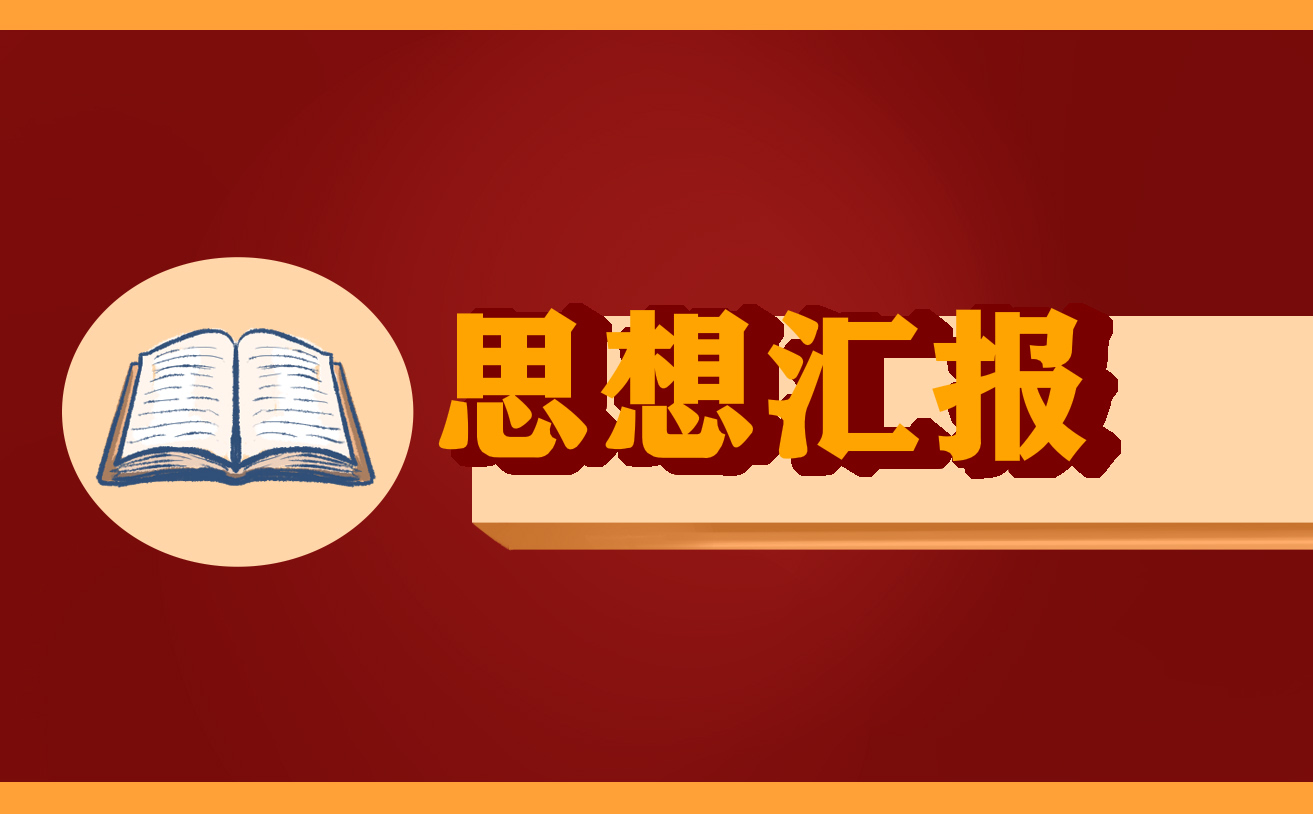[春风化雨]春风化雨,下联是什么
时间:2019-01-08 03:23:26 来源:柠檬阅读网 本文已影响 人 
影•片•介•绍 《春风化雨》是讲述教书育人的经典电影。故事发生在20世纪50年代美国的一所预备学校。该校以严格、传统的教育模式著称,从那里毕业的学生一般都可以进入美国顶尖大学学习。然而这一切随着新教师基廷先生的到来发生了改变。他要学生撕掉课本,鼓励他们站在课桌上以另一个角度看问题,他向学生介绍许多有思想的诗歌……这一切在学校引起了巨大的反响。渐渐地,一些学生开始大胆追求自己的梦。然而不幸也在这时发生了―一名学生因为其演戏的梦想遭到父母反对而自杀身亡。基廷先生成了代罪羔羊,被迫离开学校。虽然基廷先生走了,但他的学生永远不会忘记其教诲。以下就让我们一起来听听基廷老师的讲课吧。
(注:《春风化雨》更普遍的译名是《死亡诗社》。“死亡诗社”是电影里出现的一个秘密社团,学生经常聚集在一起读诗,谈天说地。)
Lesson 1Seize the day.
Mr. Keating: “O Captain! My captain!”Who knows where that comes from? Anybody? Not a clue[线索]? It’s from a poem by Walt Whitman注1 about Mr. Abraham Lincoln. Now, in this class, you can either call me Mr. Keating, or if you’ve slightly more daring, “O Captain, my Captain.”Now, Mr. Pitts, will you open your hymnal[赞美诗集] to Page 542? Read the first stanza[诗节] of the poem you find there.
Pitts: To The Virgins, to Make Much of Time注2?
Mr. Keating: Yes. That’s the one. Somewhat appropriate[适当的], isn’t it?
Pitts: “Gather ye[(古)这] rosebuds while ye[(古)你] may, old time is still a-flying: and this same flower that smiles today, tomorrow will be dying.”
Mr. Keating: Thank you, Mr. Pitts. “Gather ye rosebuds while ye may.”The Latin term for that sentiment[思想感情] is “carpe diem.”Now, who knows what that means?
Meeks: Carpe diem. That’s seize[捉住] the day.
Mr. Keating: Very good, Mr.?Meeks: Meeks.
Mr. Keating: Meeks. Seize the day. “Gather ye rosebuds while ye may.”Why does the writer use these lines?
Dalton: Because he’s in a hurry.
Mr. Keating: No! Thank you for playing anyway. Because we are food for worms, lads[伙计]. Because, believe it or not, each and every one of us in this room is one day going to stop breathing...turn cold, and die. (pointing at the pictures on the wall) I would like you to step forward over here, and peruse[细读] some of the faces from the past. You’ve walked past them many times, but I don’t think you’ve really looked at them. They’ve not that different from you, are they? Same haircuts, full of hormones[荷尔蒙] just like you. Invincible[不能征服的] just like you feel. The world is their oyster. They believe they’ve destined for great things just like many of you. Their eyes are full of hope just like you. Did they wait until it was too late to make from their lives, even one iota[极微小] of what they were capable? Because, you see, gentlemen, these boys are now fertilizing[施肥] daffodils[水仙花]. But if you listen real close, you can hear them whisper their legacy to you. Go on. Lean in. Listen. Do you hear it? (whispers) Carpe diem. Seize the day, boys. Make your lives extraordinary.
基廷先生:“啊!船长!我的船长!”谁知道这句话的出处?有人知道吗?毫无头绪?这是沃尔特•惠特曼为亚伯拉罕•林肯先生所写的诗。现在,在这个课堂上你们可以叫我基廷先生,如果大胆一点的话,可以叫“啊!船长!我的船长!”现在,皮茨先生,请翻开赞美诗集的第542页,念你在那页看见的诗的第一节。
皮茨:《致少女―毋负青春》?
基廷先生:是的,正是那首。很恰当,是吧?
皮茨:“要摘玫瑰得趁早,岁月在催人老:花儿今天在含笑,明天就会残凋。”
基廷先生:谢谢,皮茨先生。“要摘玫瑰得趁早。”与此对应的拉丁文是“carpe diem”。谁知道这句话的意思?
米克斯:“Carpe diem”意即“勿失良辰”。
基廷先生:很好,你是……
米克斯:米克斯。
基廷先生:米克斯。勿失良辰。“要摘玫瑰得趁早。”作者为何这样写?
多尔顿:因为他迫不及待。
基廷先生:不对!但还是谢谢你的回答。因为我们最终都会成为虫子的食物,伙计。因为―信不信由你―这个房间里的每个人总有一天都会停止呼吸……变得僵冷,然后死去。(指着墙上的照片)我要你们向前走到这儿来,仔细看看过去的面孔。你们无数次在他们身边经过,但我想你们从未认真看过他们。他们和你们差异不大,对吧?同样的发型,和你们一样精力旺盛,和你们一样不可一世,世界都在他们的掌握之中。和你们大多数人一样,他们认为自己注定要成就大事。他们的双眼和你们一样充满了希望。他们是否虚度光阴,最后连力所能及的最小的事情也完成不了呢?因为,各位,这些男孩现在都已成为水仙花的肥料。但如果你们仔细听,便能听见他们在低声耳语,向你们诉说着过去。走过去呀,弯下腰,听吧。听见了吗?(小声地说)Carpe diem。勿失良辰,孩子们。让你们的生命超凡脱俗。
Lesson 2Rip it out!
Mr. Keating: Gentlemen, open your texts to Page 21 of the introduction. Mr. Perry, will you read the opening paragraph of the preface[前言], entitled Understanding Poetry?
Perry: “Understanding Poetry by Dr. J. Evans Pritchard, PhD[哲学博士]. To fully understand poetry, we must first be fluent with its meter[韵律], rhyme[押韵] and figures of speech[修辞]. Then ask two questions: One, how artfully has the objective[目的] of the poem been rendered[呈现]? And two, how important is that objective? Question one rates the poem’s perfection. Question two rates its importance. And once these questions have been answered, determining the poem’s greatness becomes a relatively simple matter. If the poem’s score for perfection is plotted[绘制图表] on the horizontal[水平的] of a graph, and its importance is plotted on the vertical[垂直的], then calculating the total area of the poem yields the measure of its greatness.?Mr. Keating: Excrement[粪便]. That’s what I think of Mr. J. Evans Pritchard. We’ve not laying pipe. We’ve talking about poetry. How can you describe poetry like American Bandstand注3? Now, I want you to rip out that page. Go on. Rip out the entire page. You heard me. Rip it out. Rip it out! (students ripping the book) Gentlemen, tell you what, don’t just tear out that page, tear out the entire introduction. I want it gone. History. Leave nothing of it. Keep ripping, gentlemen! This is a battle, a war. And the casualties[受伤者] could be your hearts and souls. Armies of academics[学术界人士] going forward, measuring poetry. No! We’ll not have that here. No more Mr. J. Evans Pritchard. Now, my class, you will learn to think for yourselves again! You will learn to savor[尽情享受] words and language! No matter what anybody tells you...words and ideas CAN change the world. Now I see that look in Mr. Pitts?eye, like 19th century literature has nothing to do with going to business school or medical school, right? Maybe. Mr. Hopkins, you may agree with him, thinking... “Yes, we should simply study our Mr. Pritchard and learn our rhyme and meter, and go quietly about the business of achieving other ambitions[雄心].照 I’ve a little secret for you. Huddle up[蜷缩]. We don’t read and write poetry because it’s cute. We read and write poetry because we are members of the human race, and the human race is filled with passion. And medicine, law, business, engineering...these are noble pursuits[追求] and necessary to sustain life. But poetry, beauty, romance, love, these are what we stay alive for.
基廷先生:各位,请翻到课本21页的导论。佩里先生,请念前言的第一段,标题是《理解诗歌》。
佩里:“《理解诗歌》,J•埃文斯•普里查德博士著。要充分理解诗歌,我们首先必须了解其格律、音韵和修辞手法。然后再问两个问题:第一,为表现诗的主旨所运用的技巧如何?第二,诗的主旨本身的重要程度如何?问题一体现了一首诗的完美度,问题二体现了其价值。只要回答了这两个问题,决定诗的好坏相对就变得简单了。若以诗的完美度为横轴,其价值为纵轴,那么计算其所占的面积便可得到它的好坏分数。”
基廷先生:鬼话!这是我对J•埃文斯•普里查德的看法。我们不是在铺水管,我们谈论的是诗歌。你怎能像“美国演奏台”那样描述一首诗呢?现在,我要你们把那一页撕下来。动手啊,将整页撕掉。你们听到的,撕掉。撕掉!(学生撕书)各位,告诉你们,不只是那一页,撕掉整个导论。我要它消失,成为历史,一无所剩。继续撕,各位!这是一场战斗,一场战争,成为伤害者的可能是你们的心智与灵魂。学术派的军队大举进军,去测量诗歌。不!我们这儿绝不如此。不再有J•埃文斯•普里查德先生。现在,我的学生们,你们将重新学习独立思考,你们将学会咀嚼语言和文字。无论其他人对你说什么,文字与思想确实能够改变世界。我在皮茨先生眼中看到这样一种想法―19世纪文学与读商学院、医学院无关,对吧?也许。霍普金斯先生,也许你也同意他的想法……“对,我们只要学习我们的普里查德,学习格律和音韵,别再提完成其它什么雄心壮志的事情了。”我要告诉你们一个小秘密,靠过来。我们读诗写诗,不是因为好玩。我们读诗写诗,是因为我们是人类的一员,而人类皆充满激情。医学、法律、商业、工程学……这些都是高尚的追求,并且是维持生计的必需条件。但是诗、美、浪漫、爱,这些才是我们存在的原因。
Lesson 3Look at things in a different way.
(Mr. Keating standing on the desk)
Mr. Keating: Why do I stand up here? Anybody?
Dalton: To feel taller.
Mr. Keating: No! Thank you for playing, Mr. Dalton. I stand upon my desk to remind myself that we must constantly[经常地] look at things in a different way. You see, the world looks very different from up here. You don’t believe me? Come see for yourselves. Come on. Come on! Just when you think you know something, you have to look at it in another way. Even though it may seem silly or wrong, you must try! Now, when you read, don’t just consider what the author thinks, consider what you think. Boys, you must strive to find your own voice. Because the longer you wait to begin, the less likely you are to find it at all. Thoreau注4 said, “Most men lead lives of quiet desperation[绝望].”Don’t be resigned[听天由命的] to that. Break out! Don’t just walk off the edge like lemmings[旅鼠]. Look around you. (bell rings) There! There you go, Mr. Priske. Thank you! Yes! Dare to strike out and find new ground!
(基廷先生站在讲台上)
基廷先生:我为什么要站在这儿?谁知道?
多尔顿:感觉高一些。
基廷先生:不对!谢谢你的回答,多尔顿先生。我站在桌上以提醒自己必须时常以不同的角度看事情。从这上面看到的世界很不一样。不相信?自己来看看。来啊。来啊!当你认为自己弄懂某件事时,必须再以不同的角度看它。即使那看来似乎是愚笨、错误的,你们都必须试试!现在,当你们看书时,别只考虑作者的想法,想想你们的看法。孩子们,你们必须努力寻找自己的声音,因为你们等候起步的时间愈长,便愈不可能找到它。梭罗说:“多数人都过着寂寞绝望的生活。”我们不要这样做。要突破!别像旅鼠般盲目地从崖边跳下。看看周围的东西。(铃声响起)对!这就对了,普利斯基先生。谢谢!对!要敢于前进,找到新观点!
口语锦囊
a- 与动词或以-ing结尾的分词连用,表示动作在进行过程中。
believe it or not 这是口语常用句型,意思是“信不信由你”。例:Believe it or not, I finally finished painting the house.(信不信由你,我最终把房子粉刷完了。)
The world is one’s oyster. 这是一句谚语,意思是“随心所欲,这个世界都由某人摆布”。例:I’ve got my degree now, so the world is my oyster! (我已经拿到了学位,想干什么就干什么!)
something/nothing to do with 意为“与……有关/无关”,一般与have或be动词连用。例:His job has/is something to do with oil.(他的工作和石油有关。)
There you go. 是美国人经常用到的一句话,很多情况下相当于“That’s it.”(就这样了)。当你希望结束一段对话时,这句话就可以派上用场了。例如,你去买东西,当你付完钱后店员会说:“There you go.”,表示交易已经完成。“There you go.” 也常常用来鼓励别人有好的表现。例如在本片,学生鼓足勇气站到桌子上,基廷先生就用这句话鼓励他们。









